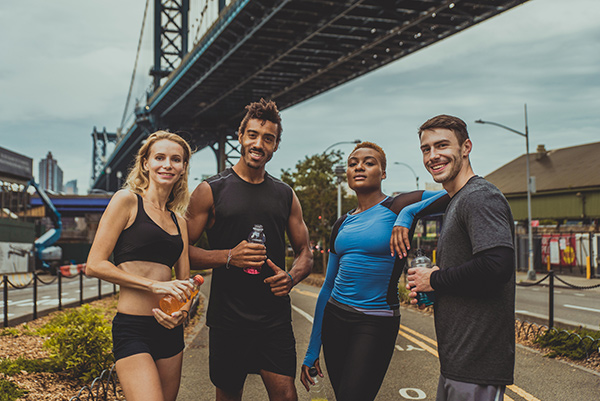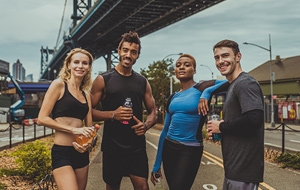
Completing a marathon is a remarkable achievement that demonstrates unwavering dedication and an indomitable spirit, as it involves pushing your body to its absolute limits. Post-race recovery is a top priority after a race of this magnitude. Quickly and effectively addressing muscle repair and soreness is essential to a runner's wellbeing.
Marathon recovery techniques are essential for health and wellness.
After running a marathon, your body requires immediate rest. In response to an extensive run, white blood cells rush biochemicals to your legs, which rebuild your muscles. It can take anywhere from a few hours to a few days, depending on the extent of the damage. There may be fatigue, aches, and soreness during this time. You must take it easy and fuel your body appropriately during this necessary rest period. You will become stronger as your muscles adapt to the stress.
Having an active recovery plan will help assist in initiating the healing process. An alternative to a rest day with passive recovery will be a low-intensity workout. Exercise results in muscle breakdown, followed by muscle repair and remodeling to make the muscles even stronger: this is the process of muscle protein synthesis and repair. Active recovery can expedite the healing process and allow you to rebuild muscle faster.
The key to a successful marathon training program is to recover well with proper nutrition. In the post-marathon period, you have three key nutrition goals:
- Replenishing carbohydrate stores in your muscles (glycogen)
- Replenishing fluids and electrolytes lost by sweat
- Repairing muscle damage
In addition to repairing muscle damage, eating nutritious foods will protect your immune system and prevent free radical damage from stressful activities.
With the accomplishment of a marathon, recovery plays a pivotal role. A seamless return to training depends on adequate rest, proper nutrition, and the incorporation of recovery methods. Tailor your approach to your individual body's requirements, recognizing that every runner is distinct.
New Jersey Orthopaedic Institute (NJOI) delivers expert care of sports injury treatment and prevention. We understand athletes' unique demands and are committed to keeping you healthy and performing your best.
AUTHOR: Vincent K. McInerney, MD, is Board Certified by the American Board of Orthopaedic Surgery and a Fellow of the American Academy of Orthopaedic Surgeons (AAOS). He is currently the longest standing committee chairman of the Medical Society of New Jersey's (MSNJ) Committee on Medical Aspects of Sports. He has served as team physician and medical coordinator for the United States Olympic Team Handball Federation, Colorado Springs, Colorado. Dr. McInerney has received the Physician of the Year Award for the Eastern Athletic Trainers Association, Physician of the Year for the Passaic County Medical Society, Educator of the Year Award at Seton Hall University, an active member of the Harvard Medical Alumni Association.





